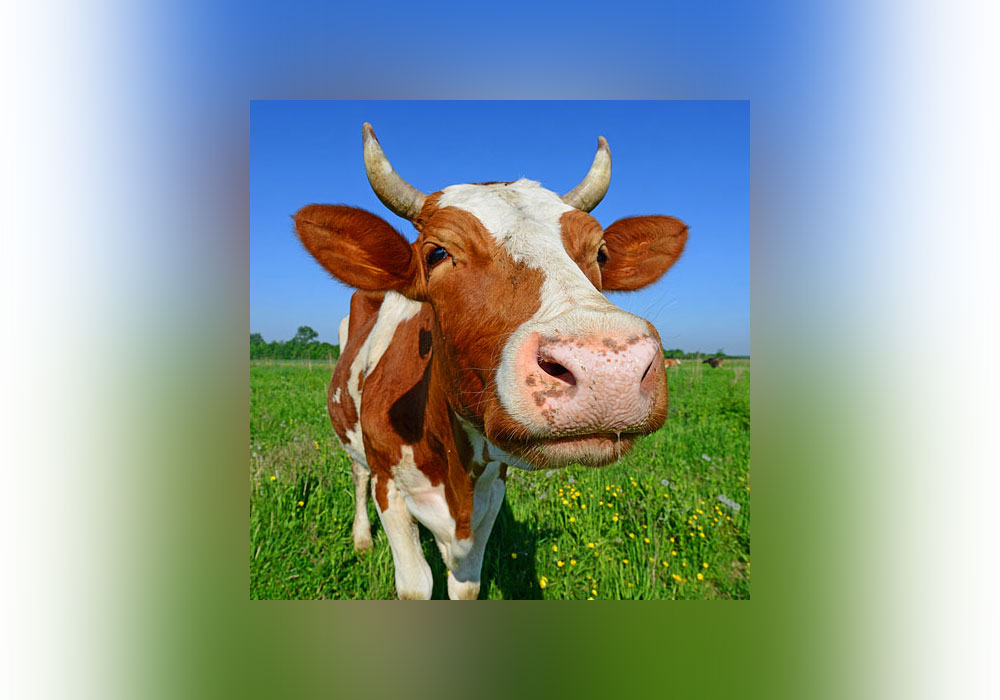What’s The Origin Of The Term Hipster?
Hipsters have become simultaneous objects of ridicule and desire, associated with the new and in vogue, and also with an absurd form of consumerism. Why do we call them hipsters, and how did this word, born of jazz music in the early 1930s, make the transition to describe young men in skinny pants and classes on how to properly sharpen a pencil?











